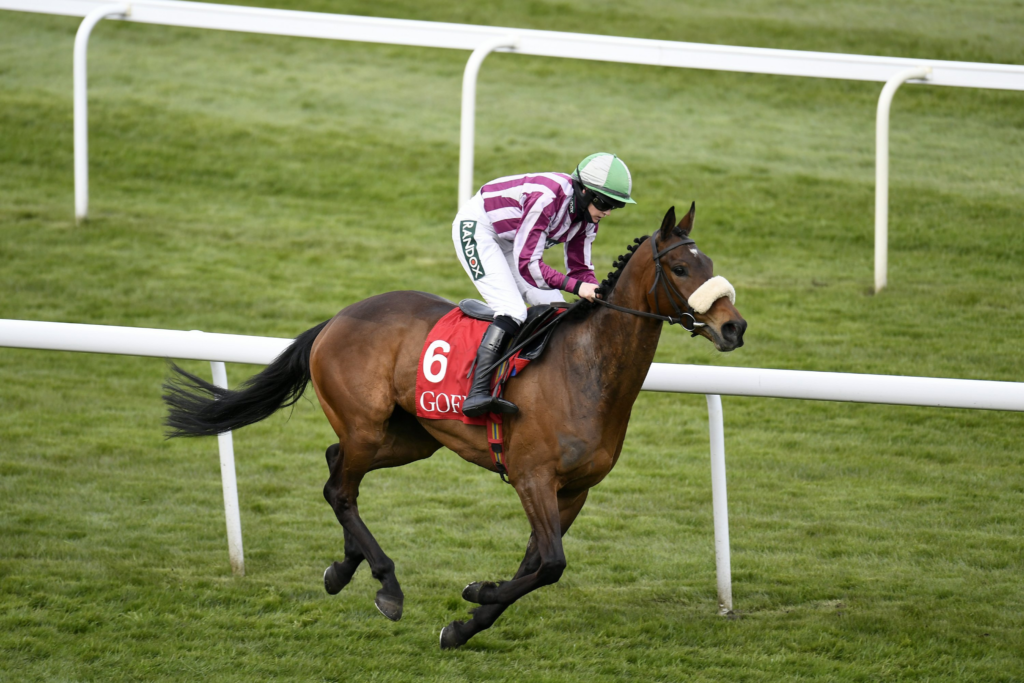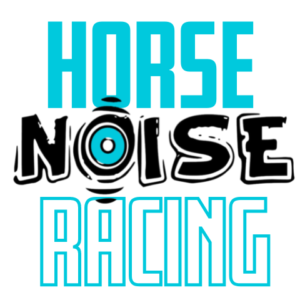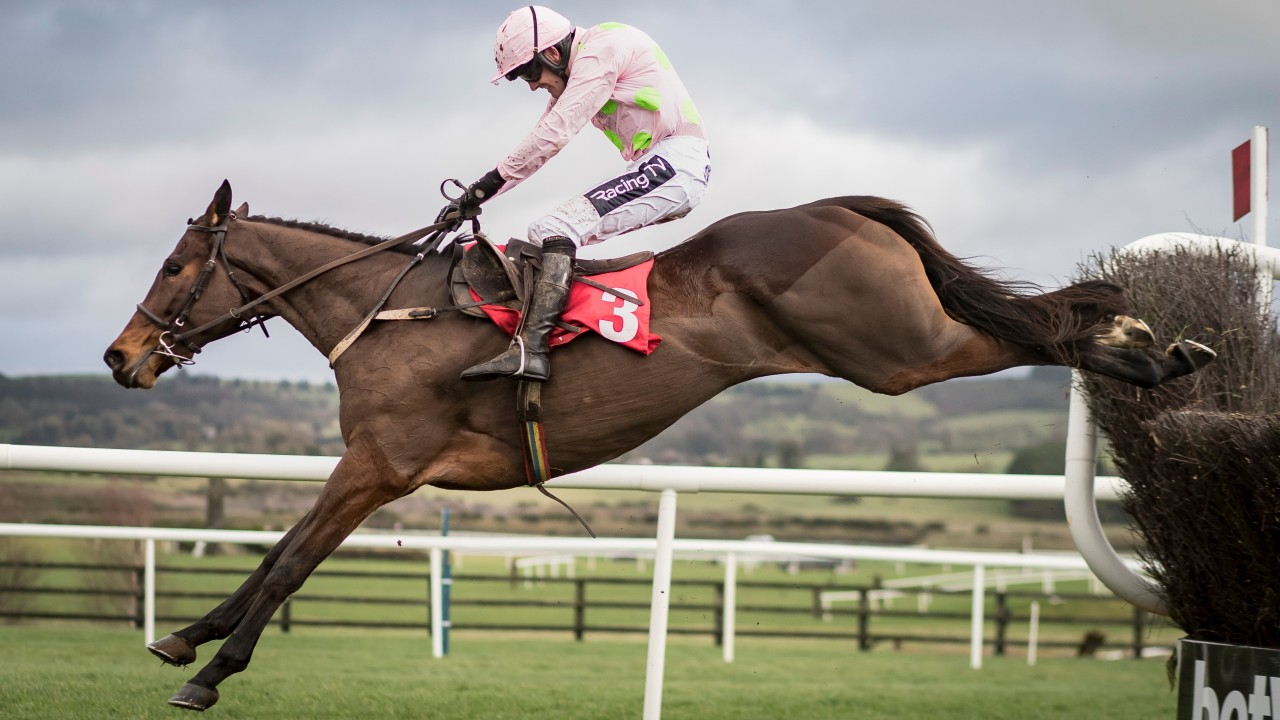Like many other sports throughout the world, horse racing was temporarily halted due to the coronavirus pandemic. However, due to the unique peculiarities of the sport, it was one of the first to return once regulations for the resumption of live sport were in place. Because it was already outside, air circulation was never an issue. Add to that the fact that each jockey is an individual on their horse, and they all begin in separate starting stalls, and social isolation was already in place. Because of the social seclusion, it was one of the places where we could quickly return to routine, although with no punters on course.
Do Jockeys Always Ride the Same Horses? The short answer is Yes and No. Jockeys are either associated with a Stable and ride all the horses in that stable or are freelancers. Freelancers ride the horse they consider the best horse in the race that has not been already allocated to a stable jockey. Jockeys will therefore ride the same horses but at different race meetings, but they will always ride different horses during one race meeting.

If you watch horse racing, you will notice that one rider will dominate all others on any given day and that jockey will occasionally win more than half of the races on that day’s schedule. On a mundane Wednesday in Cape Town, South Africa, such a day happened at Kenilworth Racecourse. Grant Van Niekerk, the jockey, rode five winners on an eight-race board, winning all five races from race three to seven. Three victories came from the strong Justin Snaith stable and two from the Andre Nel stable, which Van Niekerk rides regularly. Van Niekerk’s Agent would have to extensively analyze the Snaith stable’s runners in a race to acquire the best potential ride for him. On Wednesday, his Agent performed an outstanding job.
What is a Horse Racing Agent
The primary responsibility of a jockey agent is to put their rider on horses with the highest probability of winning races. A good agent must have diverse skills, be people-oriented, and analyze many races to identify possible winners.
A jockey’s Agent arranges for him to ride a horse if the jockey and his Agent have gained the approval of the racehorse’s owner and trainer. The jockey does not have perfect influence over the horse he rides since he may think there are better horses in the race to whom he might be assigned.
However, if a horse is tied to the stable where the jockey is employed, the jockey is required to ride the stable’s horse. On the other hand, good riders are in great demand and often get to pick their horses. Choosing a jockey to ride a horse is a crucial decision that will impact the outcome of a race, and choosing the perfect pick necessitates taking various factors into account.
The Jockey and their Agent – The Trainer and Owners decision-making Process
Choosing a jockey to ride a horse is not entirely the owner’s duty since the trainer may believe that a specific jockey will be better suitable with a horse in his stable. This choice might be influenced by the jockey riding the horse at work in the mornings. The rider and horse will have built a bond during this period.
Two groups work together to find a jockey to ride a horse. On one side are the Trainer and Owner, and on the opposing side are the jockey and his Agent, with both parties wanting to win horse races.
The Jockey – The Agents Principal Role
The primary responsibility of a jockey agent is to put their rider on horses with the highest probability of winning races. A good agent must have diverse skills, be people-oriented, and analyze many races to identify possible winners.
They must also understand horse racing and be able to advise jockeys on the nuances of the horses’ racing tendencies and what they believe is a successful race strategy. The jockey agent will also make the trip to the early morning gallops. During early morning outings, they inspect horses and connect with owners and trainers.
The Jockey and their Agent – The Pressure is Constant
Workplace stress and pressure are frequent, whether you’re Donald Trump, continuously exposed to “fake news” attacks, or a McDonald’s minimum wage person. Agents for the more popular jockeys always seem to have a more straightforward job with less pressure. That is not always the case, however.
Ask any agent, and they will tell you that it is difficult to satisfy everyone. Horses sometimes fool their trainers since a horse might be outstanding in its morning gallops but cannot repeat it on the racetrack. Then you might have a sluggish horse doing his morning gallops, and as soon as they approach the parade ring on race day, a switch is flipped, and they transform into a superhorse. Agents need to familiarize themselves with the outstanding workhorses who aren’t so terrific on the racetrack and vice versa.
Jockeys and their Agent – Confidence in Each Other
The Agent who represents an average or unheralded jockey has challenges. He has a little possibility of gaining winning rides, but he must keep current to capitalize on any possibilities. To analyze and gain riding opportunities for their jockeys, agents contact trainers via personal visits to the racetrack and rigorous research of exercise forms.
As a result, agents and jockeys must have faith in one another’s talents. Agents must make every effort to obtain their jockeys the best possible rides. Jockeys must guarantee that once their ride is secured, they do all necessary to ensure that the horse has the best chance of winning the race.
The Agent has to try and obtain the best possible rides for their clients for one race meeting, and if the jockey wins on the horse, try and obtain the ride again the next time the horse runs. Between those rides on the same horse, the Agent will try to obtain different mounts for his jockey, but always horses with the best possible chance of winning races.

